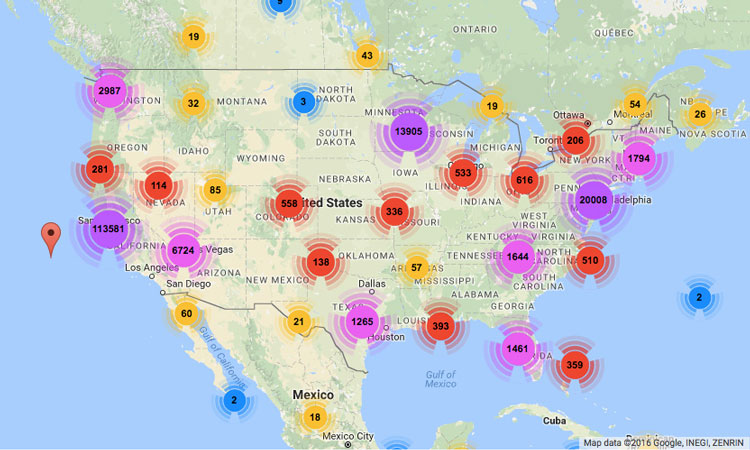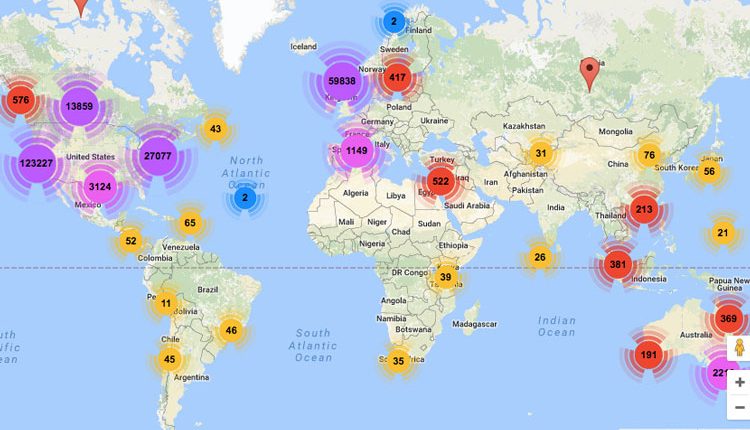Geo-Data used to clean up the planet
Litterati is a global community trying to tackle the planet’s litter problem, one piece of trash at a time.
This crowdsource cleaning technique gets people from all across the world involved, by leading them to where the litter is and where the most affected places are.
Through this process, they are collecting a lot of geo-data. Much of which is both challenging and wonderful – in the sense that we’re getting smarter about the global litter problem.
This geo-data helps us understand which brands and products are found in specific locations, or where the Litterati community is most active, or consider how it can help cities be more strategic about where they place trash cans.
It’s challenging because it’s difficult to manage. The Litterati community has mapped and picked up 250,000-plus pieces in 100-plus countries, adding about 5,000 pieces each week. Imagine the technical challenge in loading 250,000 pins onto a map. That’s a heavy load, whether you’re talking at a worldwide, country-wide, or neighborhood view.

One of the things the company, founded by Jeff Kirschner, is working on is managing that ever-growing data set. How do you ensure that the data is not only properly visualized but more important, useful to the community?
It takes a long time loading all those pins onto a web page, which is maybe a waste of time and resources, so the next step for Litterati is how this process can be sped up, and what technology solutions can be developed.
But currently, Litterati is building the world’s largest database of litter. Through the use of social media and the data collected from individuals picking up litter, it hopes to find ways to work with brands, cities and government organizations to prevent litter from ever reaching the ground.


Comments are closed, but trackbacks and pingbacks are open.